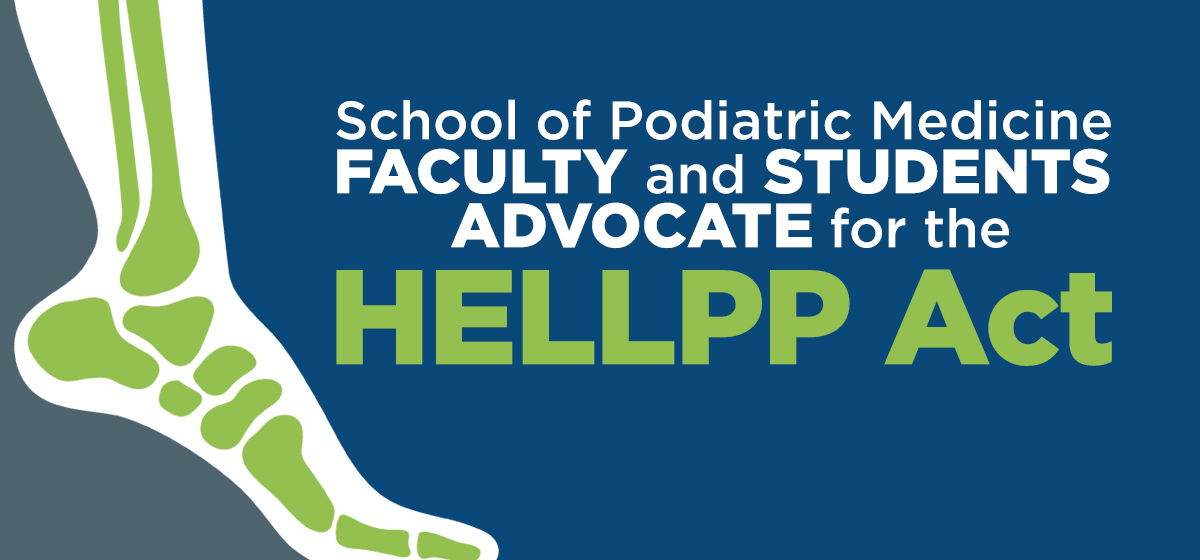The data says it all: preventative podiatric care saves money, lives, and limbs. But for Medicaid patients, access to this necessity has long been denied. Unlike most federal health programs, Medicaid does not recognize doctors of podiatric medicine (DPMs) as physicians or podiatry as an essential form of health care. Research has directly linked these oversights with higher rates of hospital admissions, longer stays, and increased mortality, particularly among diabetic patients, who make up nearly 10 percent of the U.S. population. The economic impact of these Medicaid failures is also significant, with one study concluding that the public cost amounts to $51 for every dollar Medicaid saves by failing to reimburse podiatric care.
Enter the Helping Ensure Life- and Limb-Saving Access to Podiatric Physicians (HELLPP) Act, a bipartisan bill introduced to Congress in April 2019. If passed, the HELLPP Act would recognize podiatric care as essential under Medicaid, streamlining preventative care for many high-risk patients and reducing the rates of severe adverse outcomes and hospital stays.
While the HELLPP Act has received strong support on both sides of the political spectrum, some of its strongest advocates are right here on the Barry University campus. School of Podiatric Medicine Professor and Director of Clinical Research, Dr. Robert J. Snyder, specializes in wound care and recognizes the profound economic and healthcare benefits that would come from passing the bill into law. In an effort to raise awareness within his profession, he teamed up with fourth-year Barry podiatric medical students Natalie Moussa and Hector Santiago, as well as Barry grad and podiatric surgical resident Elizabeth Ansert, to pen a powerful call to action in the August 2020 issue of Podiatry Management, the premiere national publication for the field.
The article, “Sparing Morbidity, Mortality, and Money with the HELLPP Act,” references several high-impact studies and calls on policy makers and podiatric physicians to help pass the bill through Congress. Snyder, along with his current and former students, write: “Many political leaders depend on the constituents in their local communities for feedback, ideas, and general information about issues of concern.” They encourage grassroots-style advocacy in the form of phone calls, emails, and letters to local health policy makers. Since its publication, the article has garnered attention and support throughout the field, including from Barry’s own Steven Becker, the DPM program director. “I’m proud to be part of an institution taking on a leadership role in an area that potentially impacts so many as well as the overall healthcare delivery system,” Becker said.
Ultimately, Snyder sees passing the HELLPP Act as an essential step in progressing patient care. With this latest publication, he leveraged his deep professional knowledge to inspire others in the field to join in his advocacy. In an era when our healthcare systems are increasingly strained, answering his call is crucial.
Learn more about how you can lobby your local legislators to pass the HELLPP Act into law.
The American Podiatric Medical Association (APMA) offers these helpful talking points to reference when speaking to your local officials about the HELLPP Act.

